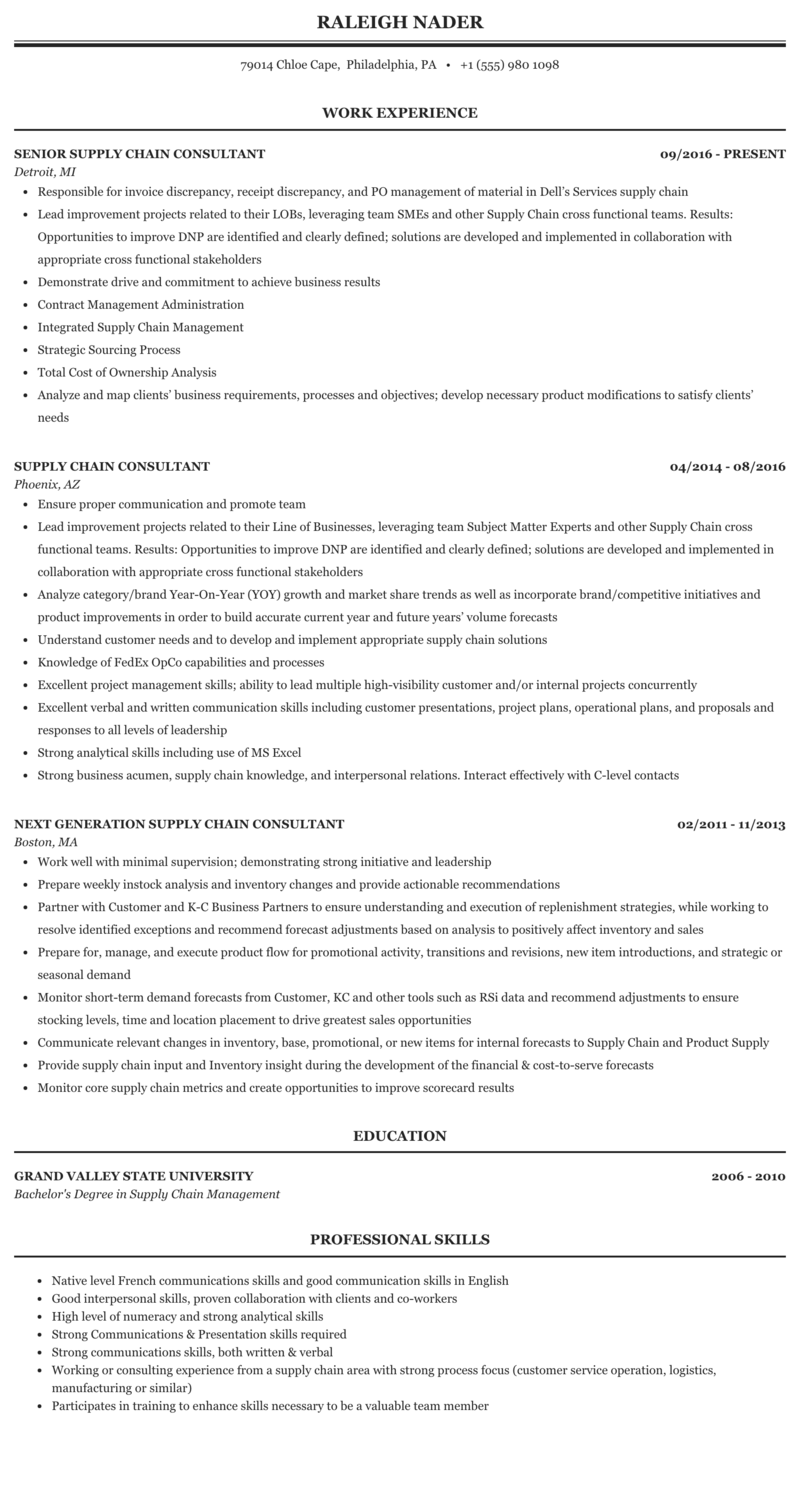
IBM Investments Limited, a company in Ireland, is registered. It was created Monday 9th January 2019. It is currently located in Dublin. IBM Investments Limited only has 1 shareholder. Our Judgment Database contains detailed information about the company. This database displays any court actions against the company. It also provides free monitoring alerts for a period of up to 12 month. You can also see its credit reports, which will inform you if there is any outstanding debts.
Red Hat
IBM is investing in Red Hat in a bid to lead in emerging high-value segments of the IT industry. Red Hat brings IBM an open source portfolio, a top hybrid cloud platform, as well as a large developer community. Both companies believe they can collaborate to make the world's most popular hybrid multi-cloud provider. This deal could have many benefits for both companies.
Red Hat has consistently grown over time. Since 2007, the company has seen an average 18% growth in revenue per year and there is no indication of it slowing. The company's revenue is estimated to be $5.3 billion. This means that it can achieve a record-breaking run rate of more 10 years. IBM was able, in fact, to buy Red Hat at an incredibly low price. In 2020, the company generated $74 billion revenue.

Ansible
Red Hat continues to invest money in Ansible with the hope of capturing the automation market. ConRes IT Solutions has partnered with Red Hat to help them use Ansible both internally and for their customers. ConRes can reduce errors and security gaps in deployments by leveraging Ansible.
Red Hat continues its investment in Ansible automation. It does this by building on the collaboration among open source projects. For example, Red Hat recently introduced Advanced Cluster Management, a fully open solution that uses open source technologies to reduce the management burden of enterprise Kubernetes. Advanced Cluster Management also supports the importation of Kubernetes managed clusters via Red Hat OpenShift (AWS).
Merge Healthcare
IBM announced plans to buy Merge Healthcare, a leader in enterprise medical imaging. IBM plans on using Watson to boost Merge’s imaging platforms, and analyze capabilities. Merge should have more branding and financial strength due to the combination of IBM's expertise with Merge's technology. Additionally, IBM paid a premium for this acquisition which could result in favorable future economics. This could be a good opportunity to merge arbitrage. Merge Healthcare is being purchased by IBM for $1 billion. This could offer investors a 100% upside.
Merge's technology can be used in 7500 U.S. and Canadian healthcare facilities. The company's products are able to help hospitals manage and analyze medical images. IBM will use Merge's technologies to create a unified, patient-centric view of data. Merge's goal is to create a platform for physicians to quickly identify and treat diseases and medical conditions.

IBM's own blockchain platforms
The IBM Blockchain Platform is a collection of code samples designed for specific industry use cases. It was created by IBM's Blockchain team. Samples include supply chain, asset management, and voting. The platform can be used for multicloud, on-premise and hybrid deployments. Its architecture was designed for extensibility and elasticity.
The IBM Blockchain Platform is an enterprise-grade, permissioned blockchain platform based on the Hyperledger Fabric framework. It can be deployed on-premise as well as in cloud environments. It integrates seamlessly with IBM utilities and other operational management tools. IBM sees Blockchain technology as a means to solve multi-party business processes challenges. It acknowledges, however, that blockchain technology can create headaches in certain cases. IBM has placed emphasis on governance and catering diverse network types.
FAQ
How can I be a successful consultant?
Finding a passion area is the first step. First, build relationships. Understanding your clients' needs and operating style is essential. The final step is to provide results.
While you don’t have to be the greatest at everything, you have to be better than everyone else. You also need to have a passion for what you do. It doesn't suffice just to say "I'm going be a Consultant." You must really believe in yourself and what you're doing.
What qualifications are required to become a consultant?
It doesn't suffice to hold an MBA. You also need to be able and willing to work as a business advisor. At least two years experience in training and/or consulting for major companies is required.
You should have had experience working with senior management to create strategy. This means you'd have to be comfortable presenting ideas to clients and getting buy-in.
You'll also need to pass a professional qualification exam such as the Chartered Management Institute's Certified Management Consultant (CMC) certification.
What types of contracts exist for consultants?
Most consultants sign standard employment agreements when hired. These agreements specify how long the consultant will be working for the client and what he/she will be paid.
Contracts can also indicate the areas of expertise that the consultant will concentrate on and the compensation they will receive. One example is that the agreement may specify that the consultant provides training sessions and workshops, webinars, seminars, or other related services.
Sometimes, the consultant agrees to do certain tasks within a given time frame.
In addition to standard employment agreements, many consultants also sign independent contractor agreements. These agreements allow the consultant freedom to work without being paid.
What skills will I need to be a consultant?
Consultants should be able to communicate effectively and have excellent analytical skills. This is because you could be asked questions or not know what you are doing. You will need to learn how you manage people and solve problems quickly.
You also need to have excellent communication skills. Most clients expect an answer within 24hrs. If they don't hear back from you, they assume you aren't interested. It's crucial to keep them informed and make sure they understand everything.
What can I count on from my consultant to help me?
Within a few days of selecting your consultant, you can expect to hear back. They will request information about your company including its mission and goals, products, services, budget, and other pertinent details. After that, they will send you a proposal detailing the scope of work, expected time frame, fees and deliverables.
If all goes well, the parties will then negotiate a written agreement. The type relationship between the two sides (e.g. employee-employer or independent contractor-employer) will dictate the terms of the contract.
If everything goes as planned, the consultant may begin to work immediately. The consultant will have access your internal documents and resources. Additionally, you'll have access their skills and knowledge.
You shouldn't assume, however, that every consultant is an expert in all areas. It takes effort and practice to become an expert in whatever field you consult. Do not expect your consultant to be an expert in every aspect of your business.
What was the origin of modern consultancy?
The first consultants were accountants that helped companies manage finances. Their skills in managing financial information led to them being called "accounting consultant". However, this role soon expanded into other areas, such as human resources management.
The term "consultant" came from the French word for "to advise." It was used by businessmen to describe someone who could offer advice on how to run an organization. The word consultant is still used by most business owners to refer to any kind professional advisor.
Statistics
- "From there, I told them my rates were going up 25%, this is the new hourly rate, and every single one of them said 'done, fine.' (nerdwallet.com)
- So, if you help your clients increase their sales by 33%, then use a word like “revolution” instead of “increase.” (consultingsuccess.com)
- On average, your program increases the sales team's performance by 33%. (consultingsuccess.com)
- WHY choose me: Why your ideal client should choose you (ex: 10 years of experience and 6-week program has helped over 20 clients boost their sales by an average of 33% in 6 months). (consultingsuccess.com)
- Over 50% of consultants get their first consulting client through a referral from their network. (consultingsuccess.com)
External Links
How To
What does a typical day look like for a consultant?
The type of work that you are doing will affect the typical day. However, the majority of your day will consist of research and planning, meeting clients and preparing reports.
You'll often have meetings with clients where you can discuss issues and solve problems. These meetings can take place over the phone, via email, online, or face to face.
Sometimes, you may be asked to create proposals. These are documents that outline your ideas and plans for clients. You'll need to discuss your proposals with a mentor, colleague, or friend before you present them.
After all the preparation, you'll need to start creating content. For example, you could be writing articles, designing websites, creating videos, editing photos, or conducting interviews.
Depending on the scope of the project, you may need to do some research in order to gather relevant statistics or figures. For instance, you might want to find out how many people you have and if they are buying more than just one product or service.
After gathering enough information, you can present your findings to clients. You can present your findings verbally or in writing.
After your initial consultation, you should follow up with your clients. You could phone them occasionally to check on things or send an email asking them to confirm that you have received their proposal.
While this can be a slow process, it's essential to remain focused and maintain good working relationships with clients.